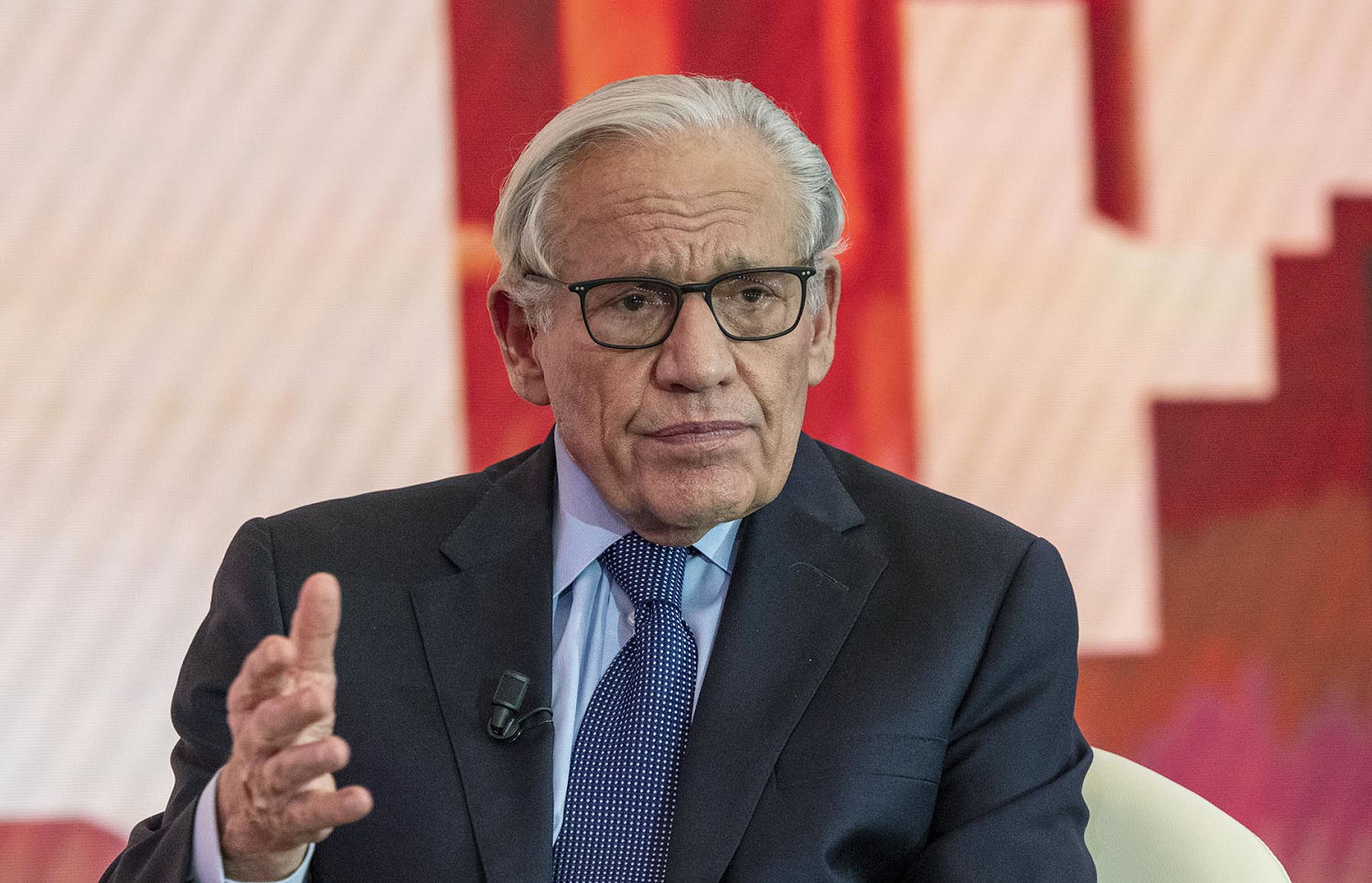A New Lawsuit from a President Known for Legal Challenges
Late Friday, Donald Trump announced a new lawsuit against The Wall Street Journal’s publisher, its corporate parent, and individual reporters who wrote an article about Jeffrey Epstein that the president did not like. This civil suit, which Trump described as “a POWERHOUSE Lawsuit” for reasons that remain unclear, marked a rare occurrence in U.S. history: there is no modern precedent for a sitting U.S. president suing a newspaper over an article.
However, it turns out that around the same time Trump’s legal team was filing their case against the Wall Street Journal, their client received some related news. In early 2023, the Republican first filed a civil suit against journalist Bob Woodward and his publisher, claiming that the longtime journalist did not get his consent to release audio recordings of their interviews. Trump sought nearly $50 million in damages, but he ended up with nothing but legal bills. The judge in this case was appointed by George W. Bush.
This outcome was not unfamiliar. When Trump sued CNN and demanded $475 million, the case was thrown out. Similarly, when he sued The Washington Post, the case was also thrown out. And when he sued The New York Times, seeking $100 million, the case was dismissed as well.
In each instance, Trump and his legal team filed highly questionable, politically motivated cases, each based on claims that can be charitably described as “thin.” In every case, the journalists and their employers fought back—and won.
Notable Exceptions and Their Consequences
There are some notable exceptions to this pattern. When Trump filed a similarly weak case against ABC News, the network agreed to a controversial $15 million settlement with the president. More recently, in response to a bizarre lawsuit from the president, CBS News’ corporate parent agreed to an even more controversial $16 million settlement.
The broader lessons from these situations should be obvious. For one thing, these unnecessary out-of-court settlements only emboldened Trump, effectively encouraging him to sue other news organizations that bothered him for one reason or another. Indeed, the president explicitly referenced the ABC News and CBS News payments when launching his new civil suit against The Wall Street Journal.
Another lesson is that the recent pattern suggests the only way to lose in a fight against Trump is to pursue a course rooted in appeasement. This principle holds true when it comes to law firms, when it comes to higher education, and when it comes to his court fights against news organizations.
The Pattern of Legal Battles
Trump’s history of filing lawsuits against media outlets has been consistent. Each time, the cases have been dismissed, often due to lack of merit. However, the financial settlements made with ABC News and CBS News created a different dynamic. These settlements, while controversial, sent a message that Trump could potentially gain financially from legal actions, even if they lacked strong legal grounds.
This approach has led to a cycle where Trump continues to file suits, hoping that some outlet might choose to settle rather than face prolonged legal battles. The recent lawsuit against the Wall Street Journal appears to follow this pattern, with Trump once again attempting to leverage his influence in the legal system.
Despite the repeated dismissals, Trump’s legal team continues to push forward, suggesting that the president remains undeterred by previous outcomes. Whether this will lead to any meaningful results remains to be seen, but the pattern of his legal challenges remains clear: he is willing to go to court repeatedly, even when the odds are stacked against him.







